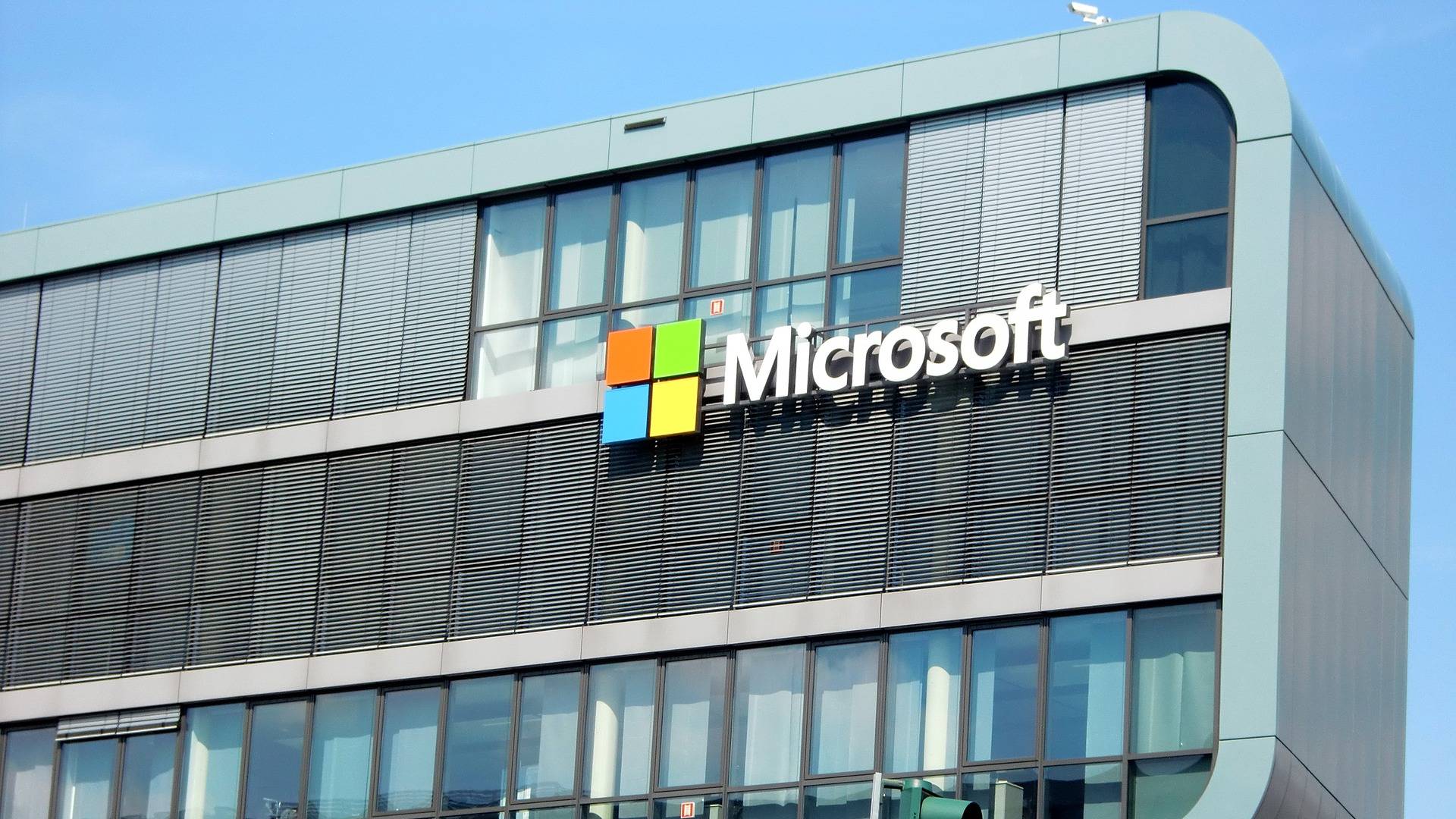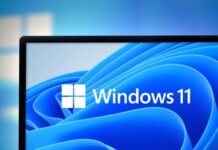Microsoft is showing its desperation, through strategies aimed at forcing Windows 10 users to make the step to Windows 11, which many still shy away from. 18 months before the end of the support period for Windows 10, the tech giant started sending fullscreen notifications to users, a gesture that shows how much it wants people to make the switch.
This information strategy of Microsoft, however, is a double-edged sword. On the one hand, certain Windows 10 users will be able to benefit from the free upgrade to Windows 11, an important step in maintaining the security and performance of their computer system.
On the other hand, there are millions of devices that, due to the hardware requirements imposed by Microsoft for Windows 11, will remain rooted in the previous version. The message these users received is clear: "Your PC is not eligible to upgrade to Windows 11, but will continue to receive fixes and security updates for Windows 10 until October 14, 2025."
Microsoft Reaches Desperation, Official Decision Made for Windows 10
Although Microsoft has been open in its communication about the end of support for Windows 10, one surprising detail left out of its message is the possibility that users can continue to use the operating system safely after 2025, for a fee.
For businesses, the first year of Extended Security Updates (ESU) will cost $61 per device, a price that will double in the second year to $122, and again in the third year to $244. While ESU pricing for individual consumers has not yet been detailed by Microsoft, the company has announced that it will offer these extended and non-business updates, with significant discounts promised for schools.
This isn't Microsoft's first attempt at incentivizing updates for its users. In 2016, similar requests to upgrade to Windows 10 were adjusted after a few months due to feedback about the confusion of the upgrade process. Last year, a bug that promised an "incorrect upgrade to Windows 11" to "ineligible" devices was quickly fixed, saving frustration for those who didn't meet the minimum system requirements for Windows 11.
Windows 11 adoption has been slower compared to its predecessor, Windows 10, which benefited from one major advantage: the free upgrade offered to users of Windows 7 and Windows 8. Ultimately, Microsoft strives to maintain a balance between innovation and affordability , giving its users all the resources they need to transition to an improved and more secure Windows experience through Windows 11.

















